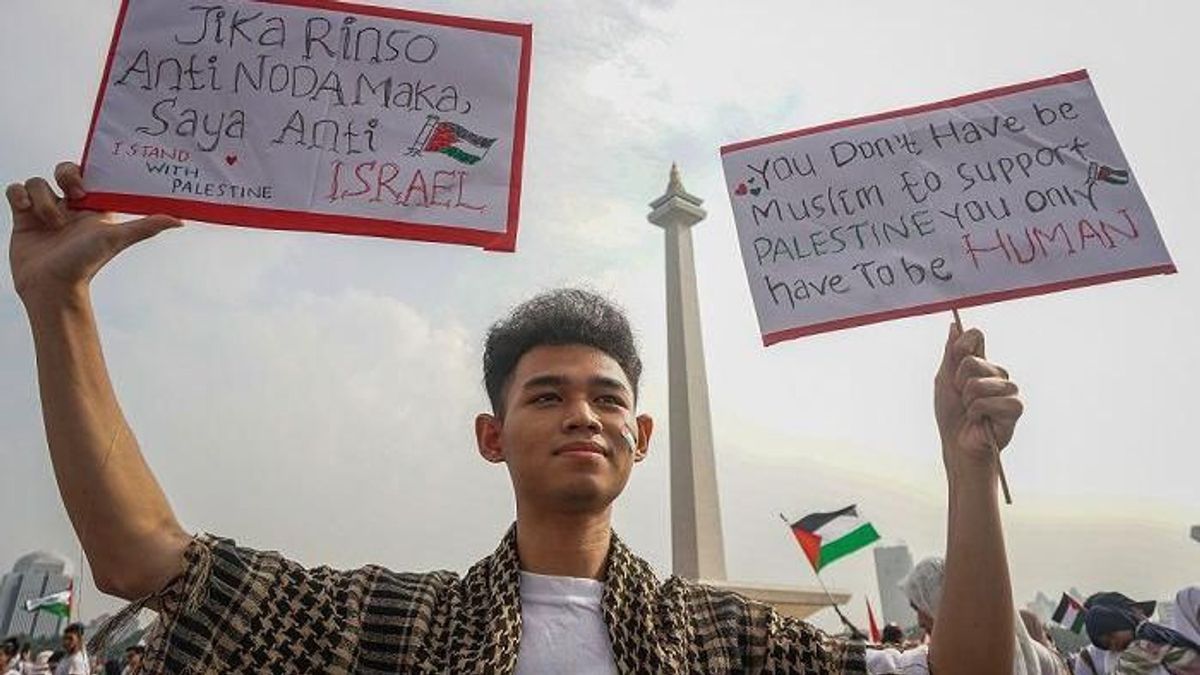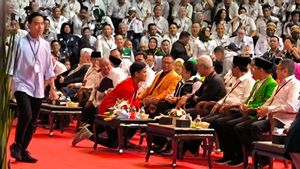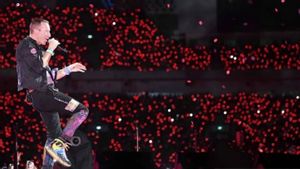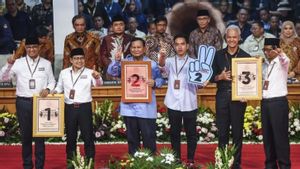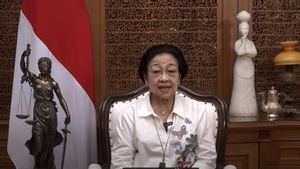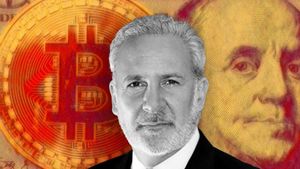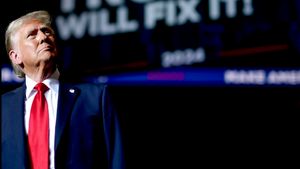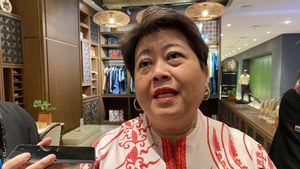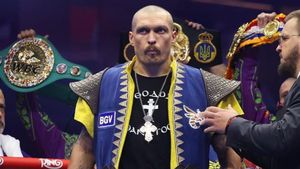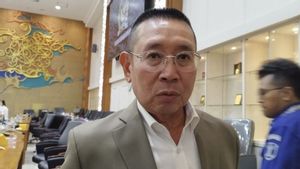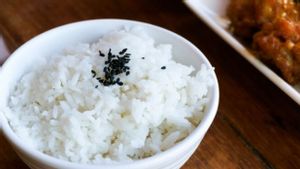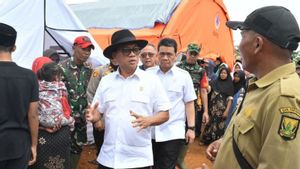JAKARTA The boycott of products from companies suspected of supporting Israeli aggression against Gaza continues to be voiced by people around the world, including Indonesia. Netizens are busy calling for this boycott movement through social media X and TikTok.
The conflict between Hamas and Israel for the umpteenth time broke out since October 7, 2023, when the Palestinian militant group attacked Israel. The escalation of the conflict between the two in Gaza's territory turned into a humanitarian tragedy.
The world's condemnation of Israel's sincerity has not been heeded. The victims continued to fall, including children to newborns. To date, more than 11,000 people have died as a result of the Israeli attack on Gaza.
As a form of support for Palestine, people around the world echo the boycott of products and brands that are said to be affiliated with Israel.
In the country, this boycott movement is even supported by the Indonesian Ulema Council (MUI) by issuing the MUI Fatwa Number 28 of 2023 concerning the Law of Support for Palestine Struggle. In this fatwa, MUI urges or recommends Muslim communities to avoid transactions and use of Israeli supporting products.
The call for a boycott of Israeli products continues to be discussed by netizens in the country. Netray Media Monitoring (NMM) monitors this topic through the keyword boycott & & product and boycott &&brand.
During the period 7 to 14 November 2023, NMM found 56.4 thousand uploads. The topic uploaded by more than 20 thousand accounts even received 340.7 million impressions with potential contacts reaching 150.6 million accounts.
After the MUI issued a fatwa in support of Palestine, X residents flocked to echo the hashtag #fatwaharamproductionionist. Other hashtags that are also widely used are #tolakdanoneaqua, #freepalestinefromisrael, and #ceasefiregazanow.
The #tolakdanoneaquarasa action was uploaded after reports that the mineral water brand contributed Rp1 billion to Palestine. Instead of praising, netizens criticized the company's actions. According to them, it was done as a Palestina Washing' so that their brands escaped the boycott movement.
Not only users of X, but the call for boycott of Israeli products is also widely recommended by TikTok users.
In the monitoring period through the same keywords as the X channel, Netray found 183 uploads with a total of 11.1 million playback times. These content attracted the attention of other netizens, as seen from the total impression, which was 486.9 thousand reactions with details of 29.1 thousand comments, 400.8 thousand likes, and has been re-shared 57 thousand times.
Although the call for boycotts on products affiliated with Israel has been widely echoed in recent weeks, it does not mean that no party is against the invitation.
A number of netizens are worried that this boycott call will have an impact on the wave of layoffs in companies that are boycotted, such as fast restaurants, which are reportedly empty of visitors since the boycott action was fun. As revealed by one user of the X account.
"Sodarau pemegang EO begitu. Bulan ini seharusnya ada event salah satu produk unlvr di beberapa kota. Sudah perizinan dari sebelumnya kan. Eh karena sekarang kata MUI boycott, jadi dituangkan event yang di beberapa kota itu. Banyak pegawai yang gajadi kerja," demikian cuitan @bagikaua di akun X.
Long before the MUI called for a boycott, the phenomenon of boycott action had actually been carried out in various parts of the world. The reasons vary, but one of the most phenomenal boycotts occurred in South Africa.
It stems from the apartheid system adopted as the official policy of the South African government by the National Party (NP) which won the election in 1948.
Appartheid itself is a law system that supports the segregation policy (specification based on skin tone) to non-white people in South Africa. The political roots of apartheid began in the 20th century AD when the South African Union was formed in 1910 under British control.
But over time, the apartheid system received protests both at home and abroad. Until a boycott was created to undermine the apartheid regime.
The boycott began in 1973 when a number of foreign banks tightened credit and a number of companies closed their activities in South Africa. Then in the mid-1980s it peaked when major European countries, Canada, Japan, and the United States officially boycotted South Africa.
In 1990 the apartheid regime in South Africa officially ended with Nelson Mandela and other political resiliences were released. Mandela became South Africa's first black leader in 1994.
SEE ALSO:
The English, Chinese, Japanese, Arabic, and French versions are automatically generated by the AI. So there may still be inaccuracies in translating, please always see Indonesian as our main language. (system supported by DigitalSiber.id)
